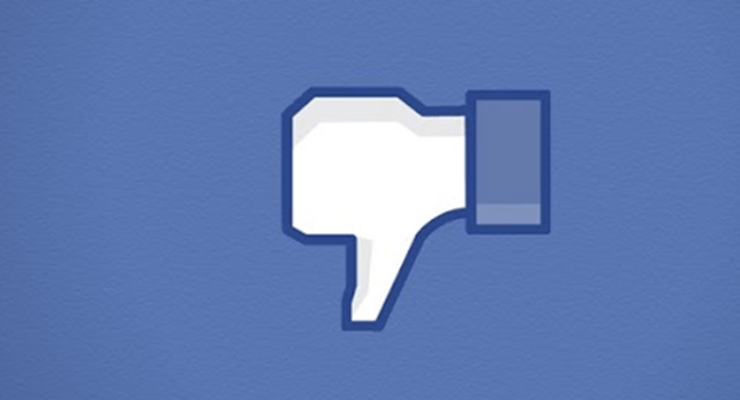
The threat and rhetoric hit late this morning: the federal government had misunderstood the “dynamic of the internet”; Facebook would “reluctantly stop allowing publishers and people in Australia from sharing local and international news on Facebook and Instagram”.
There was an if. Facebook wouldn’t leave the news space if the government backed off plans to make it and Google pay news media publishers for journalism.
The company’s move had the desired impact: it set the news alight.
By midday, the statement, a blog post by Facebook’s local director Will Easton, had been picked up by most major news organisations in the country and by many others around the world. Notably, Facebook declined interviews with any Australian media organisations.
The announcement also trended highly on social media, jumping up the trending topics on Twitter and garnering thousands of Facebook comments on posts about the announcement.
Overnight, the news was also picked up widely by news organisations around the world, with some suggesting the social media giant was sending a warning to any international regulators thinking of introducing similar codes.
Of course, it’s not the first time big tech has hit back at regulations costing it money. In 2014, Google announced it would close its news-linking service in Spain in retaliation over a law which gave publishers power to charge Google for re-publishing headlines or news snippets. And in 2019 it said it would stop showing news snippets from European publishers in France, to comply with a new European copyright law.
But there were mixed reactions online as to what exactly Tuesday’s announcement from Facebook would mean for Australian users and media companies, with many questioning who the proposed regulation and Facebook’s retaliation was protecting.
In his statement Easton claimed:
The ACCC presumes that Facebook benefits most in its relationship with publishers, when in fact the reverse is true. News represents a fraction of what people see in their News Feed and is not a significant source of revenue for us.
As Crikey also reported last week, the proposed regulation to force Facebook and Google to hand an unlimited amount of revenue over to Australian media companies is justified by a fiction that those companies steal news content.
Another dominant question on social media was what impact this ban would have on the spread of misinformation online.
With the threat to remove sharing of both Australian and international news content from the platform, some questioned how this would impact fact checking and the countering of potentially harmful misinformation, including those of conspiracy theorists ranging from sovereign citizens to anti-vaxxers and Qanon followers — groups which have gained even more attention due to COVID-19.
Social media companies including Facebook have long been subject to scrutiny over how they crack down on conspiracy and hate groups using their platform to spread misinformation. And, as some experts told Crikey on Wednesday, there is genuine concern that if well-reported news is removed from the platform, the balance will tip towards disinformation and junk.
This is particularly relevant in the current global pandemic, after a recent report by the University of Canberra on digital news trends in Australia found that during the COVID-19 outbreak 49% of respondents used Facebook as a source of news about the coronavirus.
The same study also found that more than half of Australians get their news from social media, making it clear that Tuesday’s announcement from Facebook will have an impact not only on Australian media companies who will no longer be able to rely on its service to attract audience and readers, but on everyday Australians who rely on the platform for information.








Crikey is committed to hosting lively discussions. Help us keep the conversation useful, interesting and welcoming. We aim to publish comments quickly in the interest of promoting robust conversation, but we’re a small team and we deploy filters to protect against legal risk. Occasionally your comment may be held up while we review, but we’re working as fast as we can to keep the conversation rolling.
The Crikey comment section is members-only content. Please subscribe to leave a comment.
The Crikey comment section is members-only content. Please login to leave a comment.